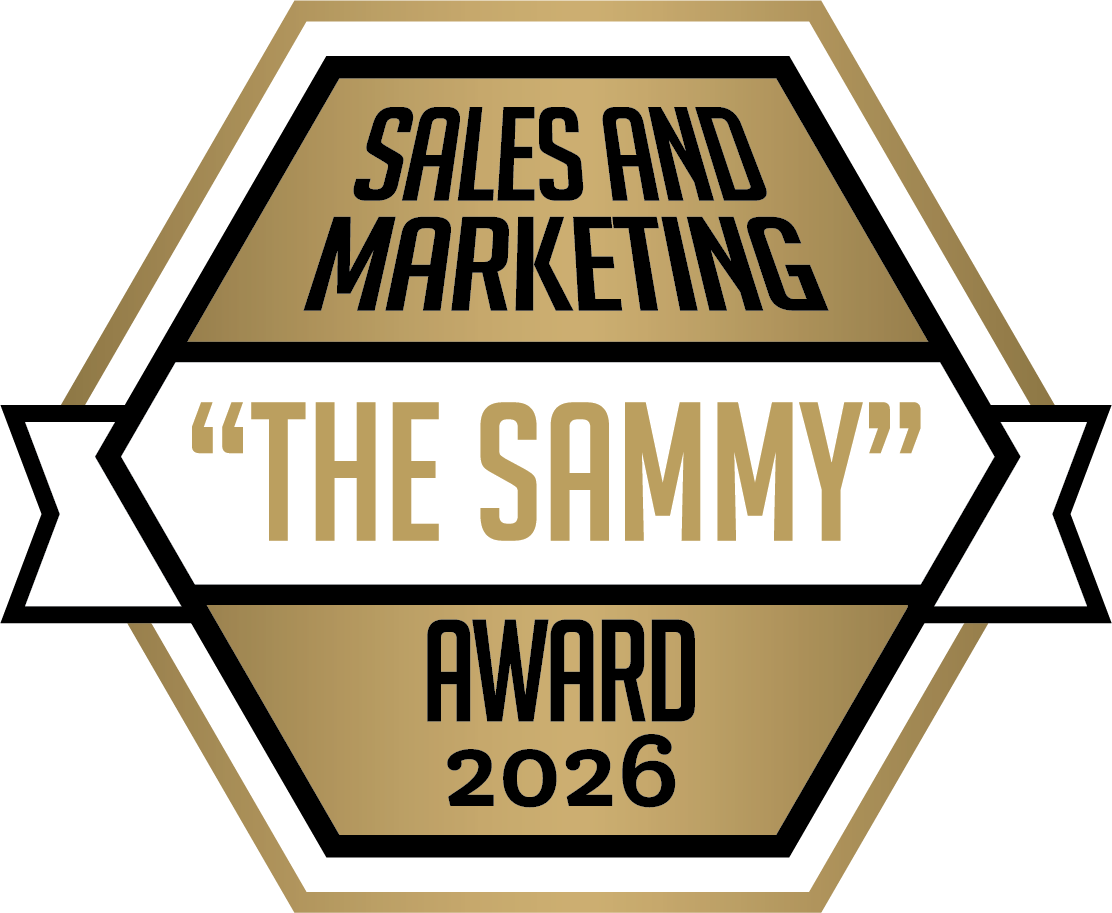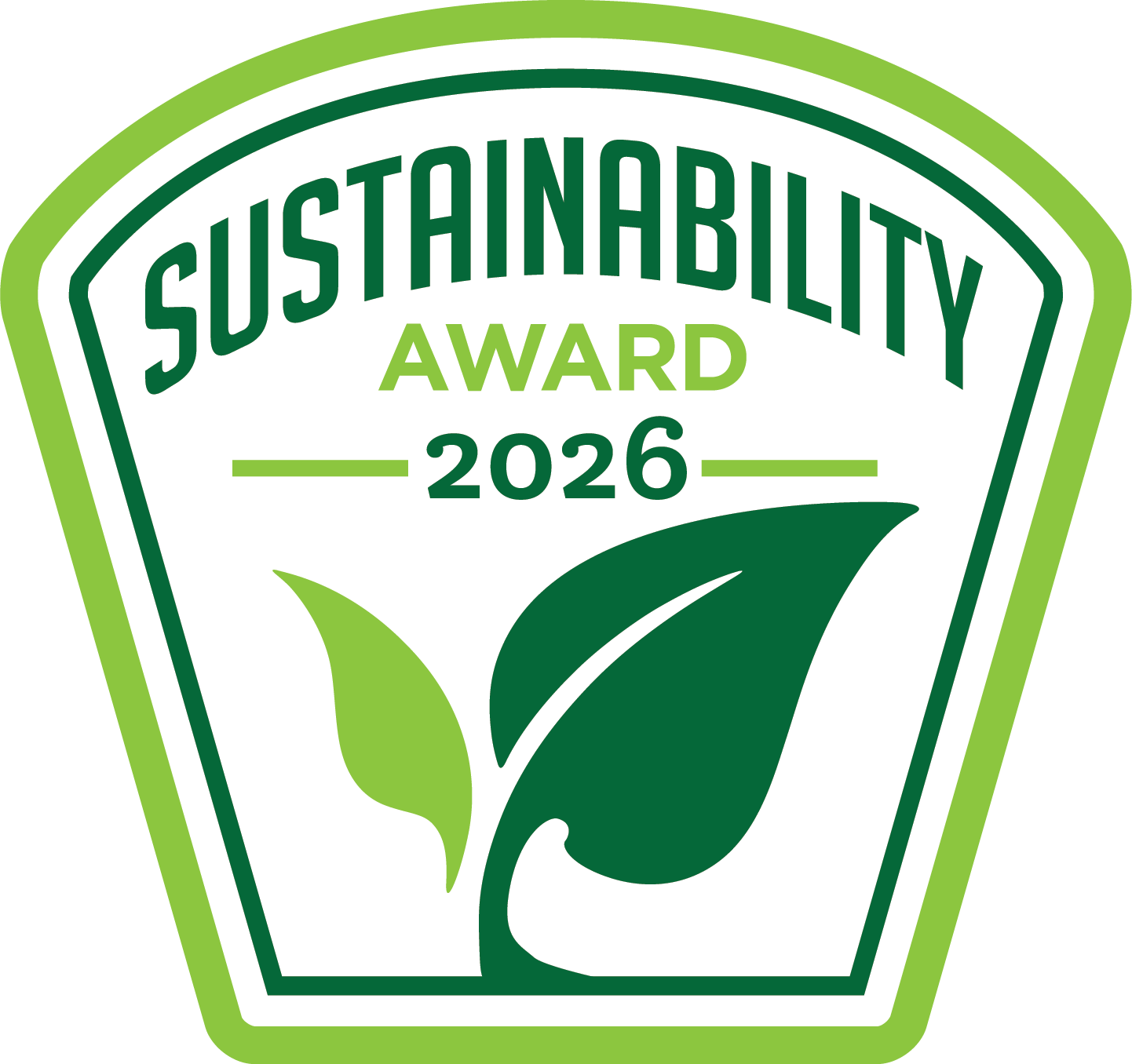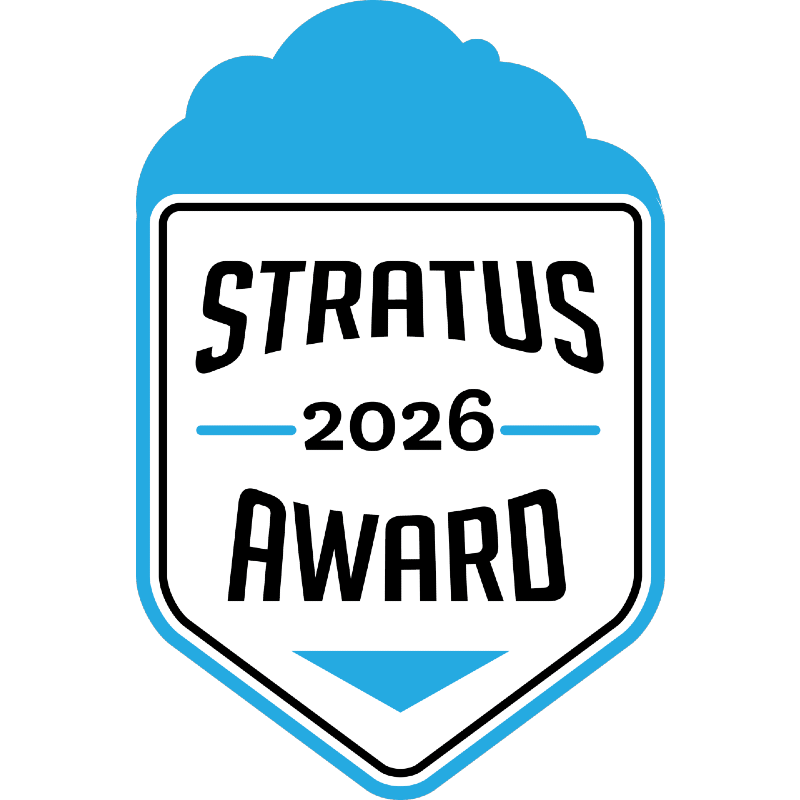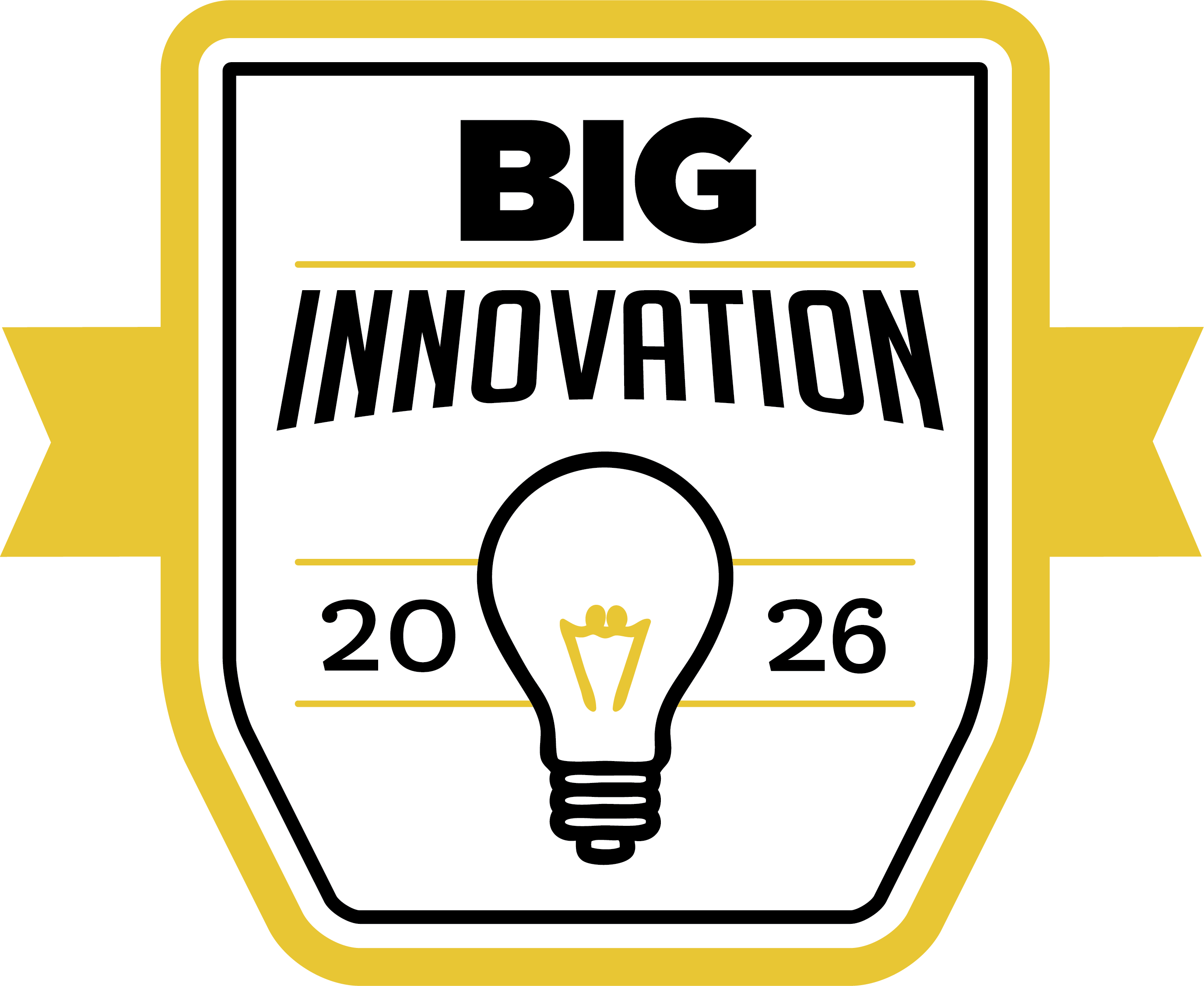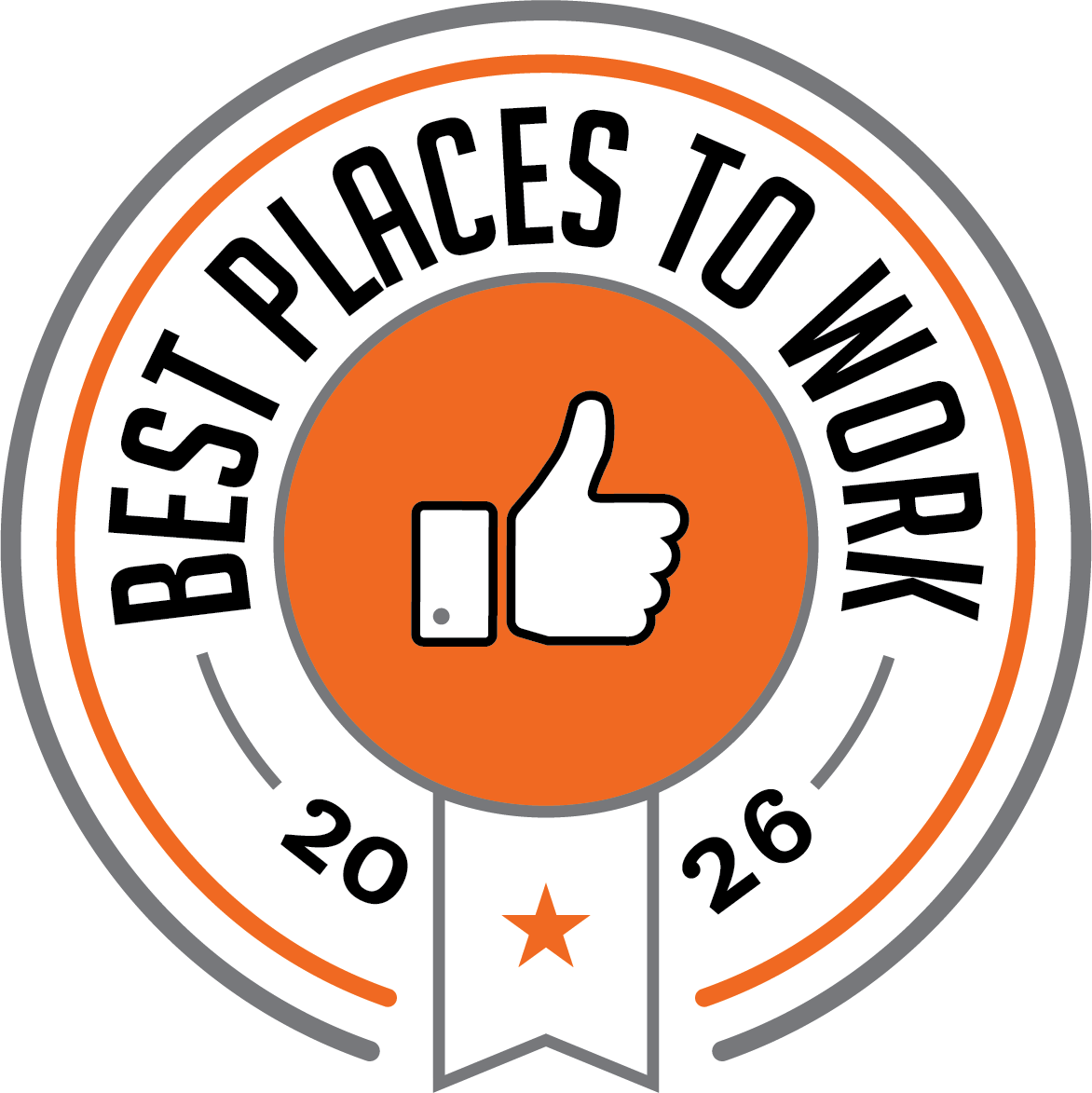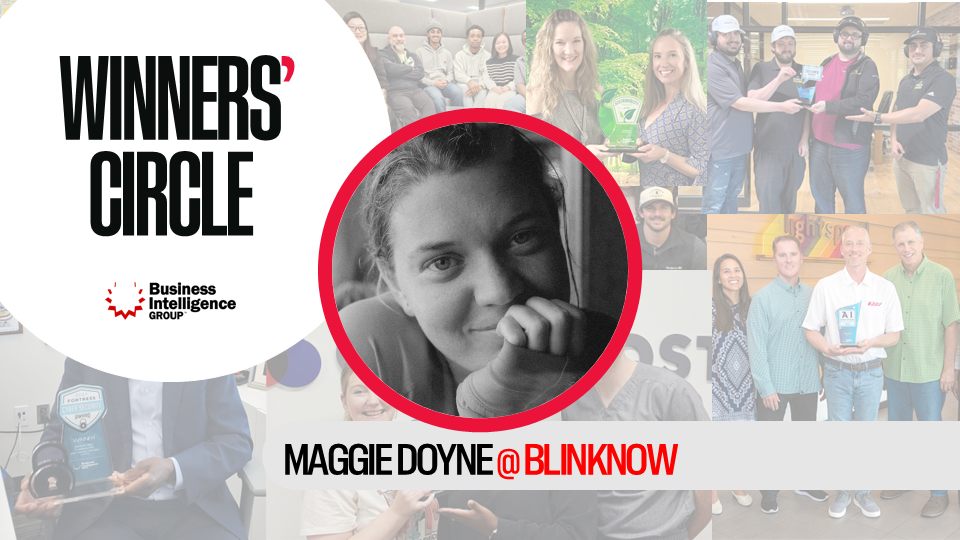


When Maggie Doyne set out to see the world after high school, she didn’t expect to change it. She was 19, curious, and driven by little more than a backpack and a desire to do something meaningful. What she found along a riverbed in western Nepal would alter the course of her life and thousands of others.
She met children breaking stones to sell as gravel, earning pennies a day. One girl caught her attention in particular. Maggie paid her school tuition, just a few dollars, and watched the trajectory of a life change. It was a small act of compassion that would soon become a global movement.
A New Model for Community Building
Nearly two decades later, Doyne’s organization, BlinkNow Foundation, has built one of the most admired community-driven models in the world. From a single rented house, it has grown into a thriving campus in Surkhet, Nepal, complete with a school, children’s home, women’s center, and sustainability programs that have transformed the region’s future.
The Kopila Valley School now serves more than 400 students. The children’s home has raised over 100 kids in a nurturing, family-style environment. The women’s center has trained and empowered more than 1,800 women through education, skills development, and microloans. And through regenerative agriculture and renewable energy, the BlinkNow campus is largely self-sustaining, a closed-loop ecosystem designed to lift up the entire community.
“The greatest way to prevent orphanhood is to take care of mothers,” Doyne says. “Everything changes when you support women.”
That insight, born from heartbreak and experience, reframed BlinkNow’s mission from orphan care to orphan prevention. It’s a shift that has since influenced NGOs and community development organizations worldwide.
Hope as Infrastructure
For Doyne, hope isn’t sentimental, it’s structural. It’s in the bricks of the school buildings, the women learning tailoring or bookkeeping, the solar panels powering classrooms, and the students who now dream of becoming teachers, doctors, and engineers.
“When people come to BlinkNow, they expect sadness,” she says. “But they find joy, color, laughter, and kids who are thriving. It’s what every child deserves, a place that feels like home.”
The foundation’s success lies in its radical simplicity: listen first, build alongside the community, and create systems that sustain themselves. It’s an approach rooted in empathy but executed with precision, something Doyne attributes to learning directly from local partners rather than imposing outside solutions.
Leadership That Scales
Today, BlinkNow stands as both a humanitarian success story and a leadership case study. Doyne has earned global recognition, from the United Nations to CNN Hero of the Year, yet remains grounded in her original mission. Her focus, she says, isn’t fame or expansion but replication, helping others adapt the BlinkNow model to their own communities.
Her approach has quietly influenced development work from Central America to sub-Saharan Africa, proving that small, consistent action can ripple outward faster than any grant or headline.
“We just kept getting up,” she says. “No matter how hard it got. You show up, you listen, and you do the next right thing.”
Between the Mountain and the Sky
Doyne’s journey is also chronicled in Between the Mountain and the Sky, a feature documentary that follows her evolution from idealistic teenager to seasoned humanitarian. The film, which premiered to international acclaim, is as much about grief and resilience as it is about service.
Through loss, natural disasters, and global crises, Doyne has never wavered from her belief that compassion, when organized and acted upon, can change the world.
Looking Ahead
BlinkNow’s next chapter focuses on sustainability and replication. The foundation now consults with other nonprofits and governments on designing community-led systems that prioritize local ownership.
As for what keeps Doyne motivated, her answer is characteristically simple.
“When in doubt, just do something,” she says. “Plant a tree. Help a child. Smile at someone. Change begins with small acts, and then it grows.”
Maggie Doyne’s work is a reminder that leadership doesn’t always come from power or privilege. Sometimes, it begins on a riverbed, with a single act of kindness that refuses to stay small.


